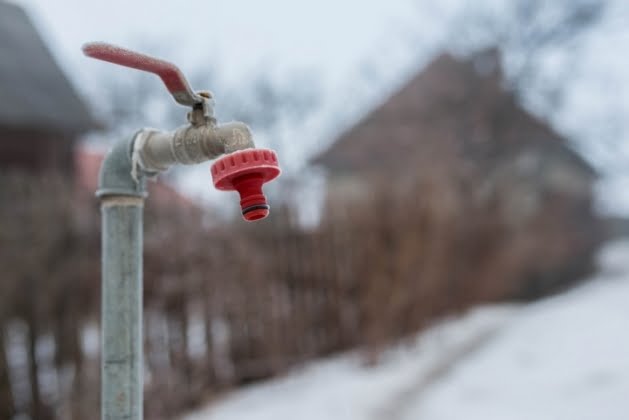The winter season brings many unique plumbing challenges in your home. A common problem is frozen pipes, which may break and burst open due to the harsh temperatures. You could encounter a water heater failure, a leak in the water line, or a sump pump that is completely frozen. All these plumbing problems need to be fixed with the help of a plumber.
Even though winter can be a challenging season for homeowners, there are preventative measures you can take to avoid most of these plumbing emergencies. Follow these five basic winter plumbing tips for practical and sensible ways to winterize your house:
Tip #1: Make sure that your pipes are winterized
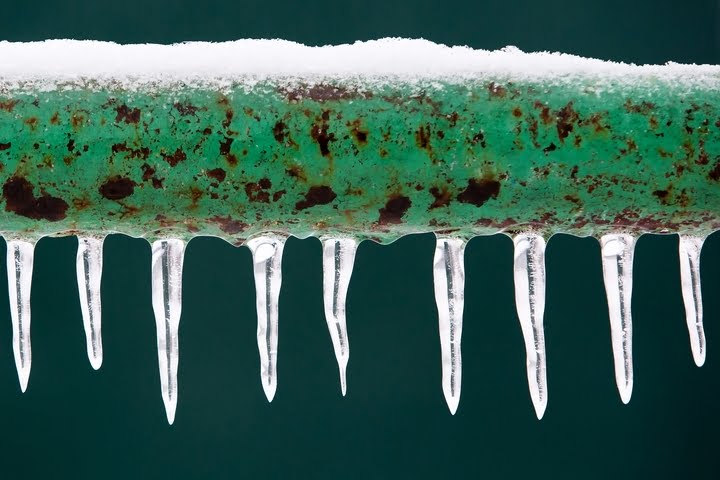
During the cold temperatures, the water in your pipes will be quick to freeze. This causes an intense pressurization inside the pipes, which eventually leads to them bursting open. These broken pipes are a huge hassle. If the problem isn’t dealt with promptly, the pipes have the overwhelming potential to flood your entire house.
Protecting your pipes from the harshness of winter should be a top priority for any homeowner. There are various effective ways to winterize the pipes, many of which involve keeping the water inside the pipes at a warm temperature. One popular method is insulation, which protects the pipes with a warm coat of foam rubber or fibreglass sleeves.
For more ideas on how to winterize your pipes, contacting a plumber will be your best option. These plumbers can offer plenty of winter plumbing tips to keep your pipes secure and intact.
Tip #2: Keep a close eye on your outdoor water valves
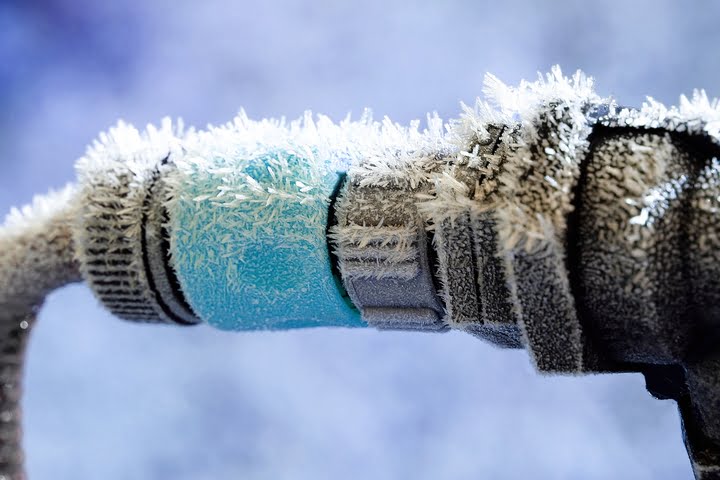
Many homeowners are so focused on winterizing their pipes that they may neglect other plumbing fixtures around the house, such as the outdoor water valves. Any exposed pipes or valves are at the greatest risk for bursting in the middle of winter. It is important that you turn off the water to these outdoor valves.
In the case of extremely cold temperatures, it might be a good idea to let the water trickle slightly out of the valves. When you allow some water to travel through the system, it encourages the flow of water instead of the liquid freezing, expanding, and bursting the pipes.
Tip #3: Hire a professional to inspect your entire plumbing system
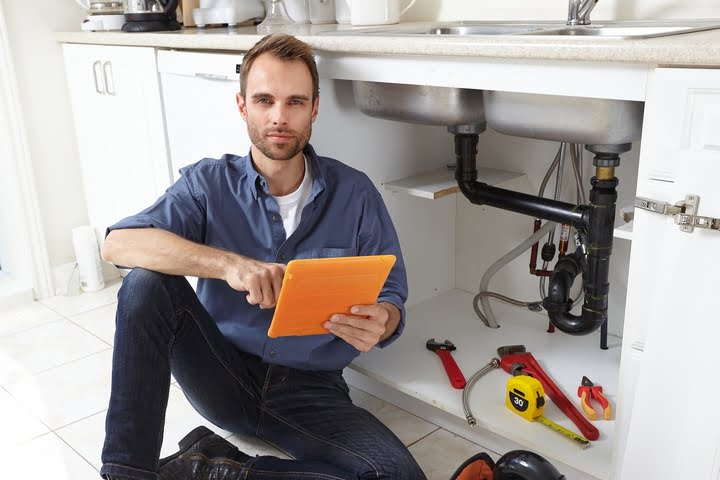
Hiring a plumbing professional to inspect your systems is strongly recommended before winter arrives. This inspection will consist of a routine check-up to ensure all plumbing systems are in working order. You are advised to book the appointment as early as possible. This way, the technician can ensure your plumbing is in optimal condition before the cold temperature strikes.
With freak blizzards and extreme drops in temperatures, it is common for many pesky plumbing problems to arise in your house. The plumbing inspection will reveal these vulnerabilities, which should be repaired as soon as possible. The small leaks in drains and pipes may seem minor at first, but their severity can intensify during the colder months and cause you problems in the dead of winter.
In addition to fixing your smaller plumbing problems, the plumber will be able to give you advice on how to prepare your home for winter. The consultation is a good chance for you to address your plumbing concerns with a knowledgeable professional.
Tip #4: Don’t leave hoses lying in your yard
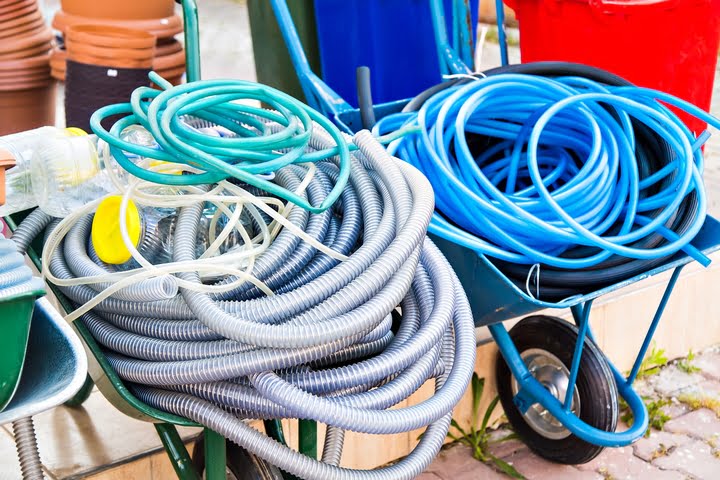
Are you an avid gardener during the warmer seasons? You may have already put most of your gardening supplies into storage, but make sure you don’t neglect your water hose. It’s a good practice to disconnect any hoses that are still connected to a water supply. If water fills your hose during winter, it is almost certain to freeze and crack open. The damage will be irreparable at that point.
During winter, keep your hoses stored in a shed, garage, or basement to protect them in the colder months. This winter plumbing tip is important, because water trapped inside your hose can also freeze and harm any connected faucets or pipes nearby.
Tip #5: Maintain your water heater before winter
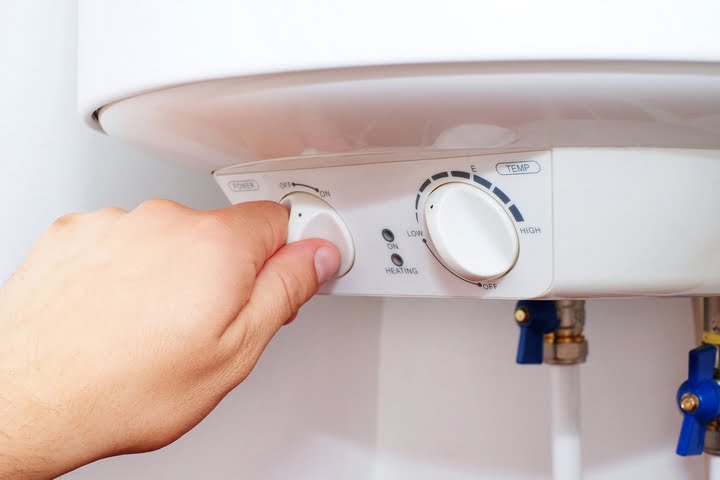
One of the luxuries in winter is that you can enjoy taking hot showers and warm baths. Unfortunately, this may be at risk if you don’t maintain your water heater properly. The water heater could easily malfunction in the middle of winter, leaving you with no warm water in the frosty temperatures.
Water heaters are often full of build-up due to the chemicals and minerals in the water. The residue can affect your water heater’s performance if it is not cleaned regularly. All that gunk means the heater must work twice as hard to heat your water, so it will use much more expensive energy to do so. To save on your utility costs, make sure the water heater is cleaned or replaced as soon as possible.



